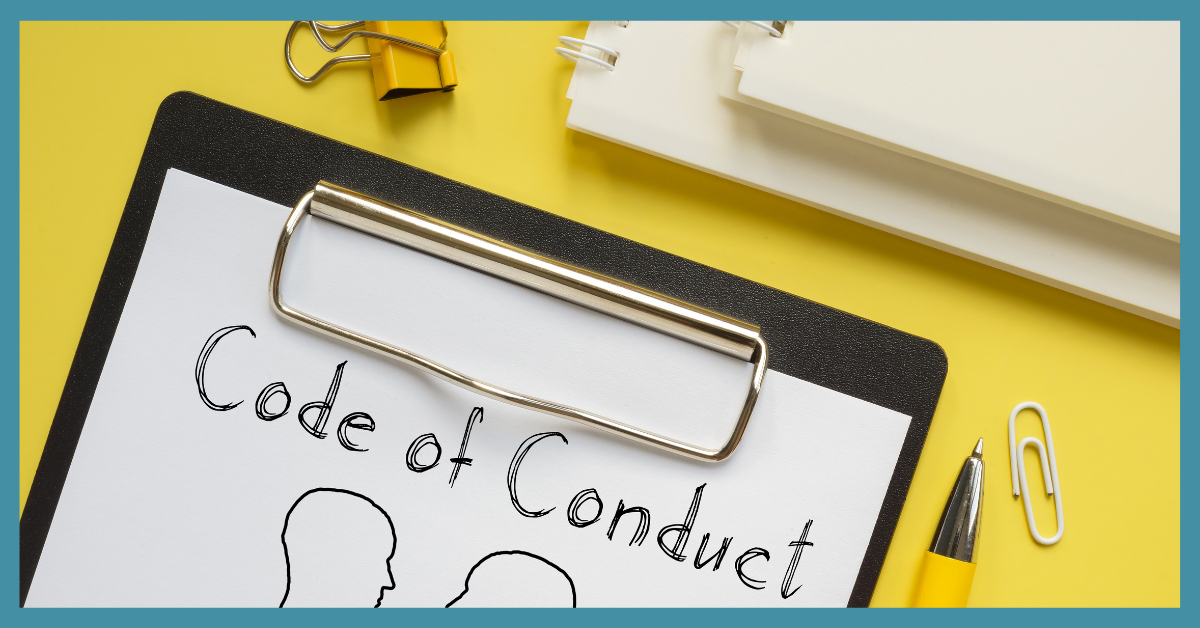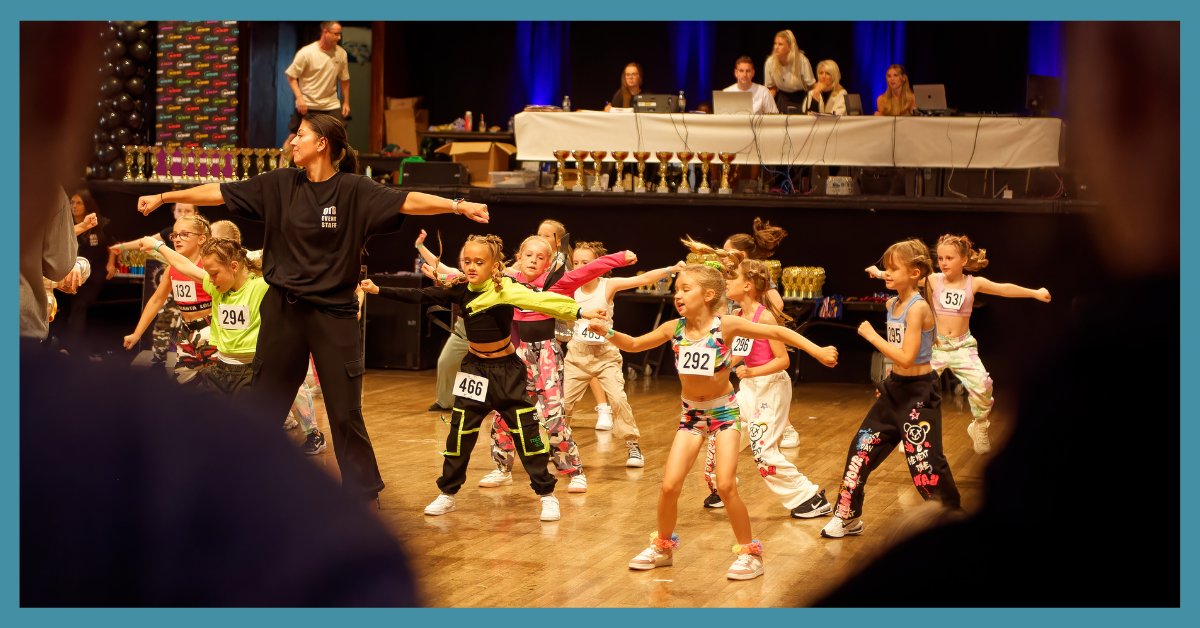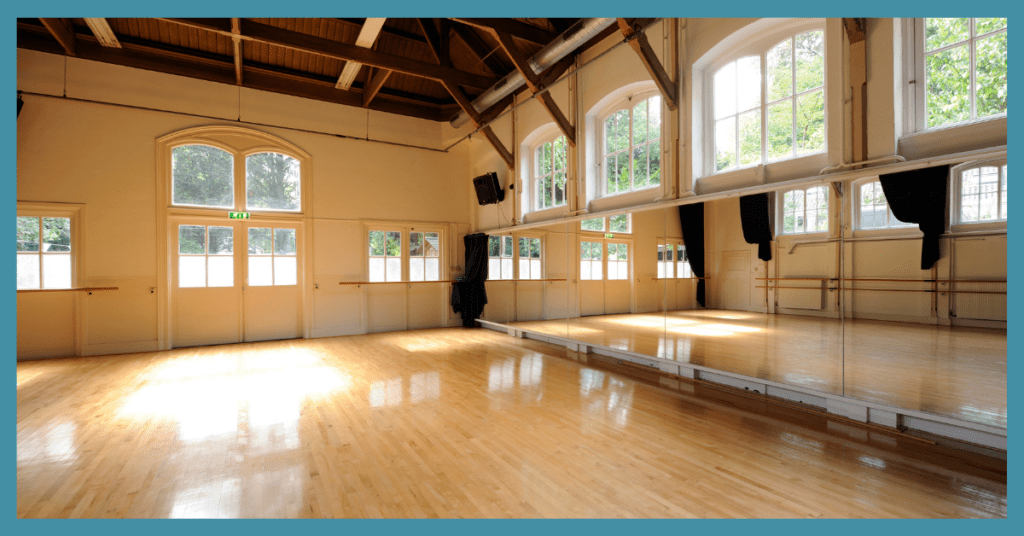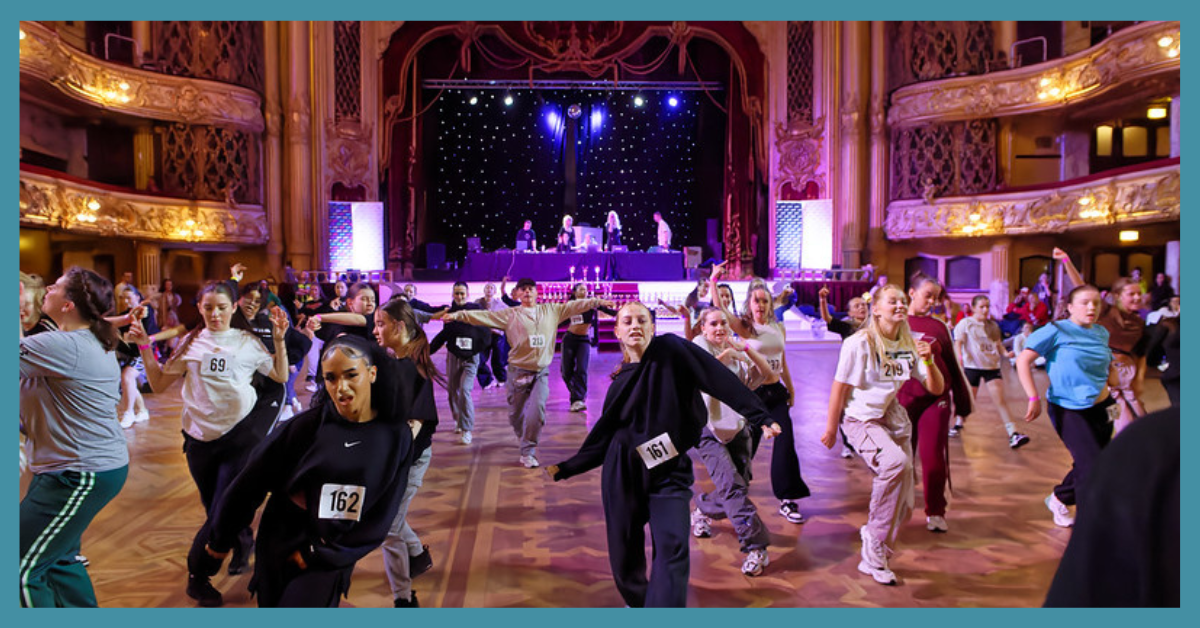Why a Code of Conduct for Parents at Dance Competitions is Essential

Recently, I have been chatting with a few fellow dance teachers and dance school owners about issues they often encounter with parents, particularly at dance competitions. As educators and mentors, we strive to create a supportive and positive environment for our dancers. However, sometimes parents, especially those new to the dance world, might not understand the expected behaviour at competitions. This can lead to unnecessary conflicts and stress, which could be avoided with clear guidelines in place.
Why Have a Code of Conduct?
Having a code of conduct for parents is crucial for several reasons:
- Clarity and Expectations: By setting out clear guidelines, parents understand what is expected of them. This prevents misunderstandings and ensures everyone is on the same page.
- Positive Environment: A well-defined code promotes a positive atmosphere at competitions. Parents know how to conduct themselves, which helps maintain a supportive environment for all dancers.
- Conflict Resolution: In cases where conflicts arise, having a signed code of conduct provides a reference point. It makes addressing issues straightforward and ensures parents are aware of the consequences of their actions.
- Professionalism: The dance school’s code of conduct reflects its professionalism. It shows that the school is committed to maintaining high standards and a respectful environment.
Real-Life Experience
A dance teacher I know recently faced significant issues with a parent in the build-up to and at a competition. The parent had been expressing dissatisfaction with the team outfits chosen for the dancers, using inappropriate language in the waiting area at the studio. Then, she was unhappy with the results of the event and behaved inappropriately. This situation highlighted the importance of having clear guidelines. If the teacher had established a code of conduct, it would have been easier to address the issue and remind the parent of the agreed-upon standards.
What You Could Include in a Code of Conduct
Based on discussions and experiences, here are some key points to include in a code of conduct for parents:
- Respect for All Participants
- Show respect and courtesy to all dancers, coaches, judges, and other parents.
- Encourage sportsmanship and positive behaviour in your child.
- Positive Support
- Cheer positively and supportively for all dancers.
- Refrain from negative comments or criticism toward any dancer, teacher, or judge.
- Punctuality and Attendance
- Ensure your child arrives on time for all rehearsals, competitions, and events.
- Understand the commitment to projects involving other dancers, such as team or duo/pairs events.
- Communication
- Direct any questions or concerns to the dance teacher or designated staff respectfully and appropriately.
- Avoid discussing concerns publicly at the competition venue (as the teacher, you could highlight the best way for the parent to discuss any concerns).
- Compliance with Rules
- Adhere to all competition rules and regulations set out by the event organisers.
- Ensure your child follows the dress code and other guidelines.
- Conduct During Competitions
- Remain in designated school areas and do not enter restricted areas.
- Avoid coaching or instructing your child during their performance.
- Social Media and Photography
- Do not post or share inappropriate comments or images on social media.
- Respect privacy and obtain permission before posting photos of other dancers.
- Conflict Resolution
- Handle any disputes or conflicts through the proper channels and avoid public confrontations.
- Approach the dance teacher privately to discuss any issues or concerns.
- Support for Dance School
- Promote a positive image of the dance school and its members.
- Support fundraising and volunteer efforts when possible.
- Role Model Behaviour
- Model the behaviour you expect from your child.
- Demonstrate patience, encouragement, and a positive attitude.
Additionally, it can include practical points like ensuring they have their wristbands on the day of the competition. If the code of conduct revolves around competitions, it should also cover deadlines for purchasing/cancelling event tickets. You could also shape your code of conduct to apply to everyone at your studio (not just for competitors) and include how you expect parents to behave in your reception area too.
By implementing a code of conduct and having parents sign it before committing to attending competitions, dance schools can create a more harmonious and professional environment. This proactive step ensures that expectations are clear and any issues can be managed effectively.
Teach.Dance members can download a template you can use in your school below:
https://www.teach.dance/mp-files/dance-competition-parent-code-of-conduct.docx






Responses